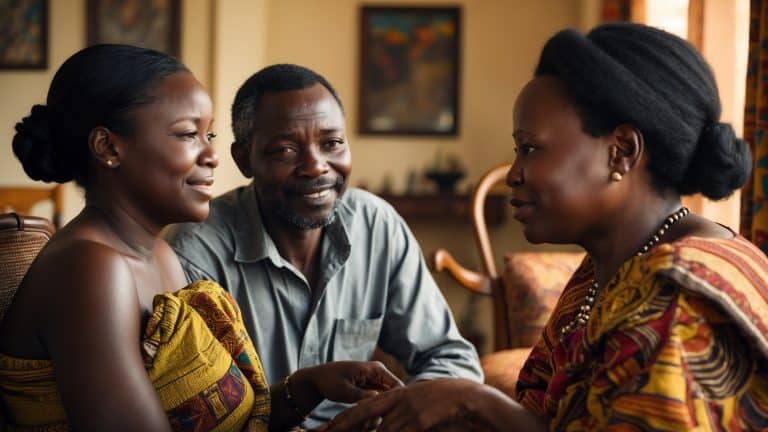This is a premium article written by one of our experts.
Check out

Dating in Ghana: Boundary-Setting & Safety Tips for Expat Women
This guide serves as a practical roadmap for expat women exploring relationships in Ghana. From understanding cultural norms and boundary-setting to staying safe and fostering mutual respect, we’ll equip you with the knowledge to date confidently and authentically. Ghana’s vibrant dating culture can be a source of joy and growth—provided you approach it with awareness and open-mindedness.

Unlocking Opportunities: Why Private Investors Should Back Diasporan Businesses in Ghana
Key Takeaways Investing in diaspora businesses, particularly those in Ghana, offers an opportunity to foster economic empowerment and leverage unique market advantages. These entrepreneurs, rooted in cultural fluency and strong community ties, create ventures that…

Living with Househelp in Ghana: Building Trust and Respectful Boundaries
This is a premium article written by one of our experts. Upgrade to Navigator or Pathfinder read the full article
To Holiday or Not to Holiday: Navigating the Holidays Abroad in Ghana
This is a premium article written by one of our experts. Upgrade to Navigator or Pathfinder read the full article

Coming Home: The Truth About Ghana’s Welcome to African-Americans
The sun rises over Accra, casting golden light across a city where ancient traditions blend with modern aspirations. In neighborhoods throughout Ghana’s capital, a quiet transformation is taking place as African-Americans arrive, seeking connection with…

Getting Help in Ghana Expat Groups: What ‘DM Me’ Really Means
Introduction If you’ve ever asked a question in a Facebook group about moving to Ghana, you’ve likely seen this response pop up again and again:“DM me.”, “Inbox me.”, “Check your messages.” It’s one of the…
One Comment
Comments are closed.